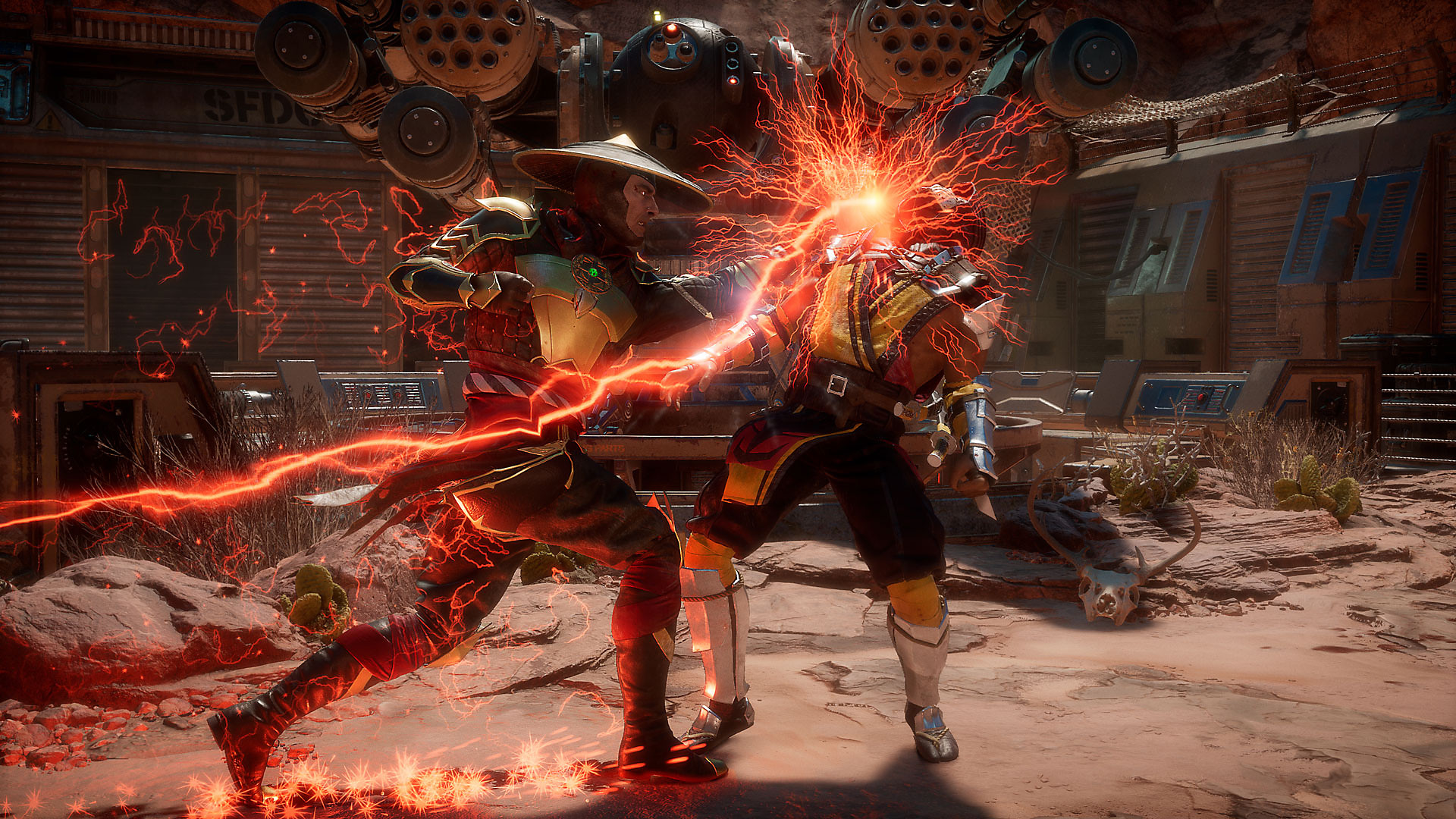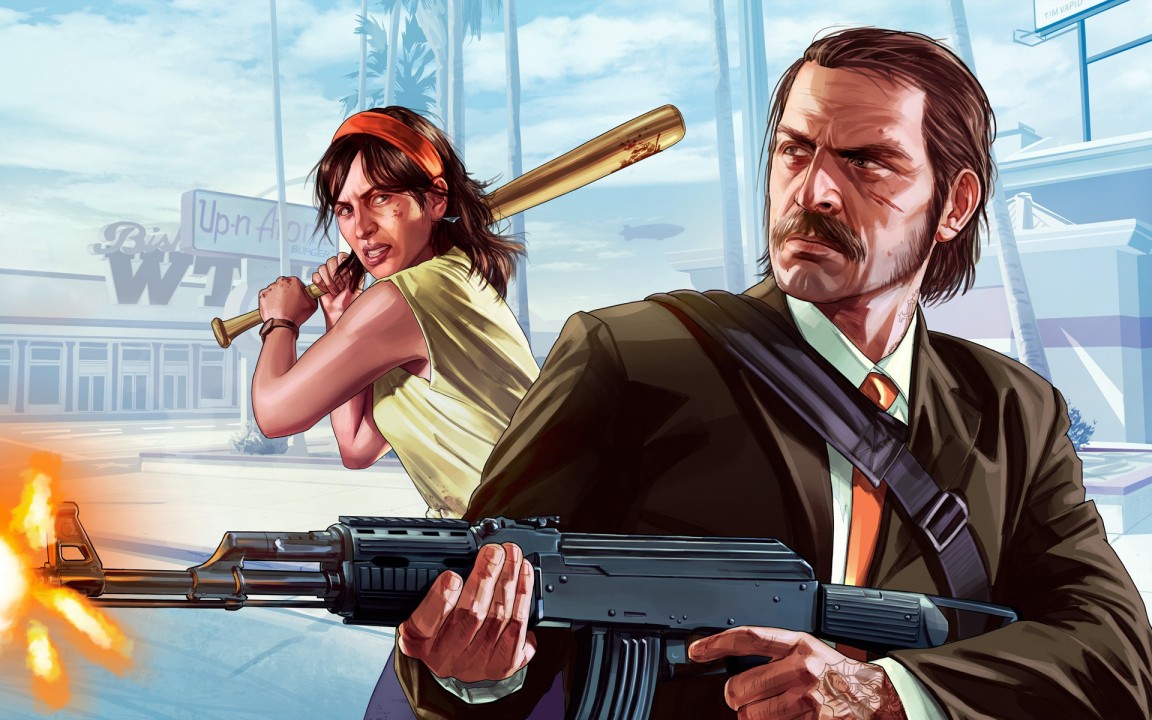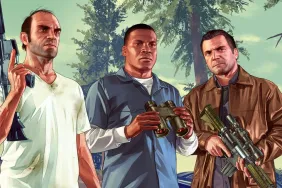Apparently, if you listen to what certain political leaders and conservative media outlets have to say, then I am a statistical anomaly. You see, I’ve been playing video games for nigh on my whole life now and they’ve never incited me to acts of violence. I whooped ninja butt in Turtles in Time. I explored worlds from an island in MYST. I decimated hordes of Zerg in StarCraft. I saved the planet with an enormous sword, I became a motorcycle-riding bandicoot, I looted treasure from ancient civilizations. I’ve shot aliens, Nazis, robots, and outlaws. I’ve punched, kicked, and ripped the spines out of beings from other realms. I’m also a perfectly normal and well-adjusted person, and so are the vast majority of the millions and millions of people who play games.
This conversation comes up again and again as lawmakers, bad parents, and anyone not paying attention attempts to deflect issues to the easiest scapegoat. It’s always “those darn video games, ruining our kids!” It’s also largely a US issue. Just this week we not only saw two horrific mass shootings that ended the lives of 30 people and wounded many others, but we also saw Dr. Phil take on an unruly child who was out of control with games. And of course, blame landed squarely on video games for these issues. Let’s separate these briefly, as there’s a different conversation to be had for each one.
Violent Games Do Not Equal Violent Behavior
For almost three decades, games have been a core part of my lifestyle. Everything from family-friendly puzzle games to some of the most violent and horrific displays of…well…violence. And I’m not alone. Just look at the number one selling game franchise of all time: Call of Duty. If violent games like Call of Duty, Mortal Kombat, or Grand Theft Auto really did incite violence, why have these top-selling games not created a sea of monsters and murderers? In fact, conversely, the prevalence of these games makes correlation to them easier to make, despite not being indicative of actual incitement.With millions and millions of copies sold, they’ll inevitably cross the paths of some bad people.
This talking point (at least this time around) comes from a single line in one of the shooters’ manifestos. “Don’t attack heavily guarded areas to fulfil [sic] your super soldier COD fantasy. Attack low security targets.” Again, let’s remember that Call of Duty is perhaps that most well-known video game franchise out there. I’m pretty sure my grandmother knows what Call of Duty is, despite never having played it. The line “super soldier COD fantasy” (or some variation) has been a talking point by non-gamers for years, most often and specifically to minimize games, gamers, and the actual depth that these interactive experiences really have. It’s immediately dismissive and brushes off the wider context of video games as a whole. It’s also a pretty simple metaphor for some sick person to use to describe the callous way in which they can take innocent lives, whether they’ve played Call of Duty or not. But it wasn’t their inspiration. It was never the cause of the violence.
If the shooter had used lyrics from music in his manifesto, would we be blaming music for his actions? Had he cited written works, would we be instituting another era of book burning? What if he’d quoted a line from Avengers? Would Trump be giving a press conference talking about the evils of the Marvel Cinematic Universe? If video games weren’t on hand to be a scapegoat, then maybe those would be the talking points. But it’s all about deflection of real issues. Video games bring people together, but violent actions are rooted in divisiveness, hate, and rhetoric that incites anger against certain groups.
Maybe to Fox News, Trump, and others using this talking point, I’m an anomaly, but so is every other person who plays games. And if that’s what they’re saying about those who play them, then what are they implying about the developers who create these games? None of them have taken up arms against innocent US civilians. I don’t see Ed Boon slicing off heads with his bladed hat. It’s an absurd correlation to make, as crazy as blaming JK Rowling if the shooter happened to read Harry Potter.
The games industry does a fairly good job at policing itself on hateful rhetoric too. We’ve certainly got some things we can do within the industry to be better and more inclusive, but that’s an “us” problem. It’s not for politicians and media outlets who don’t play or understand games to figure out.
Don’t Parent Your Children With Video Games
When video games came along, for some reason they became this thing that parents could use to not be a parent. Plop your kid in front of a console with the latest “Grand Theft whatever” and guess what? That’s free time for mommy and daddy. Suddenly PlayStation is mom is Xbox is dad. And then parents are confused when they’ve lost their authority.
That was the subject of a Dr. Phil episode earlier this year. Laughably awful child doesn’t respect mom because mom bought and was letting him play Grand Theft Auto V Online. The whole show reeked of something with an agenda against video games and “look at what these awful games have done to my kid,” but the devil’s in the details. They never brought on experts from within the video game industry. This mother barely considered that she was the issue. In fact, she admitted that he had behavioral issues when he was younger. You know…before the video games.
So this mom has a child that she’s already not raising right, then adds video games into the mix (Grand Theft Auto Online, to top it all off)? Of course there are going to be issues. But that’s not a video game issue, it’s a parenting one. Yeah, games might be exacerbating the issue, but playing games as a kid is not the cause of bad behavior. Millions and millions of people who gamed as children are a testament to that.
I grew up with games as a kid, but I was raised right. My parents disciplined me, put limits on my gaming, and reminded me that they were the teachers and the authority, not games. Sure, I got up to as much trouble as any other kid, but my parents never relied on games to parent me, and games were never seen as the scapegoat for my problems. I still played a lot of games, but I also respected my parents because they gave me a reason to respect them. They played the role of my parents in my life. Here I am all these years later, still gaming and still relatively well-adjusted.
Any parent frustrated that their child is spending too much time with games needs to take the time to be a parent, to understand their child’s hobby and be a part of it, and most importantly to retain the authority as the teacher and disciplinarian in the child’s life. My mom is not a gamer, but in being my mom she expressed interest in my games, wouldn’t let me play M-rated games, and generally connected with me over the things I was interested in. This allowed her to retain her authority as my parental figure.
Games as a Service Scapegoat
With the immense amounts of legitimate good that games do, it’s still baffling to me that we need to have this conversation again and again. Correlation does not equal causation. Games aren’t an excuse for bad parenting. Games aren’t the cause of violence or unruly behavior from a child. There are plenty of problems within gaming that we do need to focus on, but this wide sweeping outrage from people who are clearly not part of this industry is not one of them.
Unfortunately I’m screaming into the void, preaching to the choir, and whatever other metaphors you can think of about taking this issue to the people who already agree with me. Politicians aren’t going to read Daily Reaction and suddenly understand that they are deflecting the real issues. Angry moms aren’t about to hop on PlayStation LifeStyle to catch up with an opposing viewpoint and learn how to be a parent. Instead games will continue to be used as a convenient place to point fingers about these problems when the uncomfortable truths strike a lot closer to home.
Daily Reaction reacts daily to the video game industry. Have suggestions for the column or subjects you’d like us to react to? Let me know in the comments below and be sure to check out previous Daily Reactions for more dives beyond the headlines.










